 The facts and myths about diabetes are plenty, especially on the kind of foods one should have or not have, whether one should exercise to manage diabetes, etc. But, it’s when I saw my dad exercising one day, a thought struck me – is it not important to test a diabetic before exercise? Is diet all that one needs to focus on?
The facts and myths about diabetes are plenty, especially on the kind of foods one should have or not have, whether one should exercise to manage diabetes, etc. But, it’s when I saw my dad exercising one day, a thought struck me – is it not important to test a diabetic before exercise? Is diet all that one needs to focus on?
What if he exercises vigorously and his sugar levels drop down? At what sugar levels should we allow or not allow a person to exercise? What should be the intensity and frequency of the exercise? What type of exercise should a diabetic do?
These questions obviously led me to explore and research more about diabetes and exercise. I would like to share some information about what Diabetes is, what are its types and how regular exercise can control your Diabetes.
What is Diabetes?
Diabetes is a chronic disease where there’s a high level of sugar in the blood, either due to less insulin sensitivity or because of low insulin secretion or no insulin levels in the body.
There are three major types of diabetes. The causes and risk factors are different for each type:
- Type 1 diabetes: can occur at any age, but it is most often diagnosed in children, teens, or young adults. In this type, the body makes little or no insulin. Daily injections of insulin are needed. The exact cause is unknown.
- Type 2 diabetes: makes up for most of the diabetes cases. It often occurs in adulthood, but teens and young adults are now being diagnosed because of high obesity rates. In such cases, either the body becomes less sensitive to insulin or insulin secretion decreases.
- Gestational diabetes: is high blood sugar that develops at any time during pregnancy in a woman who does not have diabetes, and disappears once the pregnancy is over.
Can You Exercise To Manage Diabetes?
We all know that exercise provides multiple benefits but does it help diabetics as well? In fact, it does! Here are some of the changes you can experience if you exercise to manage diabetes:
- Exercise helps lower blood sugar levels
- It helps you feel better
- Helps maintain proper body weight
- Keeps the heart rate and blood pressure lower
- Keeps blood fat levels normal
- Improves insulin sensitivity
- Helps in maintaining normal blood circulation in the feet
Now that we know a few of many reasons why exercise is important for a person with diabetes, let’s see which exercises can benefit diabetics.
Which kinds Of Exercise Are Best For Diabetics?
To help manage diabetes, you can try:
- 30 minutes of “moderate intensity” aerobic activity – 5 days a week.
- “Vigorous intense” aerobic activity for 20 minutes or more a day – 3-5 days a week.
In addition, you should add flexibility and strength training to your routine.
- Flexibility activities 5-7 days a week.
- Strength training 8-10 exercises, 10-15 repetitions of each exercise, 2-3 days a week.
Calories Per hour and the types of moderate and vigorous exercises
| Moderate physical activity for one hour | Calorie burnt per hour |
| Hiking | 370 |
| Light gardening / Yard work | 330 |
| Dancing | 330 |
| Golf (walking and carrying clubs) | 330 |
| Bicycling (<10mph) | 290 |
| Walking (3.5mph) | 280 |
| Weight lifting (light workout) | 220 |
| Stretching | 180 |
| Vigorous physical activity for one hour | |
| Running / Jogging (5mph) | 590 |
| Bicycling (>10mph) | 590 |
| Swimming (Slow freestyle laps) | 510 |
| Aerobics | 480 |
| Walking (4-5 mph) | 460 |
| Heavy Yard work (chopping wood) | 440 |
| Weight lifting (vigorous effort) | 440 |
| Basket ball (vigorous) | 440 |
Source – Dietary Guidelines for Americans – 2005 *(These values are derived from American journals and may not be specific to other populations).
When Should One Exercise?
The best time to exercise will vary with the schedule. Preferably, one should pick the same time for exercise each day so that if one is on insulin, the adjustment of insulin dosage is manageable.
- Morning exercise may cause your blood glucose to drop less than if you exercised later.
- If you are on insulin or taking pills that work by making more insulin, evening exercise may result in low blood glucose while you sleep.
Remember – Your Diabetes Management can be adjusted to suit your lifestyle. Your lifestyle does not have to be adjusted to fit your diabetes.
After knowing what kind of exercise and at what time we should do them, let’s see what precautions should be taken while doing them.
Safety Tips for Active Diabetics
1. Get your doctor’s okay before you start exercising.
This is especially important if you are older than age 35, have had diabetes for more than 10 years, have any complications of diabetes, have not exercised in a long time, or have heart disease. Exercise has the same effect on blood glucose as insulin. It lowers blood glucose, making you more sensitive to insulin. This is a benefit of exercise that can also pose a problem if it lowers your blood glucose too much.
2. Avoid low blood sugar levels
Low blood sugar levels are when the glucose levels dip below <70mg/dl. Common symptoms include shakiness, weakness, abnormal sweating, and anxiety, tingling of mouth and hunger, headache, visual disturbance, confusion, seizures, coma. Monitor your blood glucose before and after working out, especially when beginning or modifying the exercise program. Always keep a 15g of fast-acting carbohydrate (powdered sugar/Glucose tablets 3-4) with you to treat Hypoglycemia.
3. Check your blood glucose levels pre and post workout
If you blood glucose is below 70 –
- Take 5g of carbohydrate right away
- Wait for 15 minutes
- Check again – if still below 70, then have another 15 grams.
It should work now.
If the blood glucose is high – Fasting is>250 and ketosis is present.
Or >300 with or without ketosis. Avoid exercise with such high blood sugar levels.
4. Eat before heavy exercise
If you’re going to exercise around mealtime, you should eat the meal first. When possible, allow half an hour for digestion. Solid foods, such as whole grains, vegetables, etc. are digested slowly than liquids. They provide protection for at least 2-3 hours. When it is possible to choose the exercise time, try to begin the exercise 30-60 minutes after a meal or snack.
Remember – Nothing works better than experience and frequent blood glucose testing.
5. Diabetic complications
- Retinopathy: Patients with retinopathy are at risk for retinal detachment and vitreous hemorrhage associated with vigorous-intensity exercise. For those with retinopathy, vigorous aerobic and resistance, weight-bearing exercises should be avoided.
- Nephropathy: Should not indulge in vigorous-intensity exercise as protein excretion increases post-exercise.
- Peripheral Neuropathy: Should take proper care of feet to prevent foot ulcers. Feet should be kept dry. Avoid the wrong type of socks and shoes. Avoid tight elastic bands and ill-fitted shoes (they reduce circulation). Avoid wearing thick or bulky socks (they can fit poorly and irritate the skin). Rather wear light colored cotton socks that dissipate heat faster. Moisturize your feet – but not between your toes- that could encourage a fungal infection. Use a moisturizer daily to keep dry skin from itching or cracking. Consider non-weight bearing activities as they may be better tolerated and aid healing.
6. Stay hydrated
Proper hydration is essential during exercise. Exercising during hot weather requires special attention. Drinking extra fluids should begin an hour or two before you begin exercise to manage diabetes. A general rule is to drink 8 ounces of fluid for every 30 minutes of vigorous activity.
7. Check your pulse rate
It’s important to check the pulse periodically to see if you are exercising within your target zone. Right after you exercise, take your pulse – count your pulse for 10 secs and multiply the no by 6.
Compare the numbers on the right grouping in the table below.
| Age | Target Heart range zone |
| 20 years | 100-150 beats/min |
| 25 years | 98-146 beats/min |
| 30 years | 95-142 beats / min |
| 35 years | 93-138 beats/ min |
| 40 years | 90-135 beats/min |
| 45 years | 88-131 beats/min |
| 50 years | 85-127 beats/ min |
| 55 years | 83-123 beats/min |
| 60 years | 80-120 beats/min |
| 65 years | 78-116 beats/ min |
| 70 years | 75-113 beats / min |
Source: Exercise and Your Heart, National Heart, Lung, and Blood Institute/American Heart Association, NIH Publication No. 93-1677.
The good news is that if someone regularly exercises, these benefits can be permanent, and for someone with diabetes, it can mean reducing medication. If younger members of families with a predisposition to diabetes exercise regularly, they could avoid diabetes altogether.
A single bout of exercise can benefit the body’s sensitivity to insulin for 16-18 hours and have positive effects on blood glucose control (glucose absorption) for 24-48hours.
But these effects wear off between 60-72 hours. Hence, staying active most of the time is imperative.
I just want to convey that Diabetes cannot take your hope, faith, attitude, courage and happiness away from you. We are the authors of our own health. Let’s overcome it, no matter what type or what level of disease it is.
Now that you know why you should exercise to manage diabetes, get out there and begin your journey! To read more on Diabetes, check out Healthy Reads.
For further guidance and motivation by certified experts, join the GOQii Diabetes Care program. It’s India’s only diabetes program that is driven by Smart Science and Personal Coaching to improve Fasting Blood Sugar (FBS), Postprandial Blood Sugar (PP), reduce HbA1c levels and let you win gold! You can subscribe here: https://store.goqii.com/diabetescare.
#BeTheForce
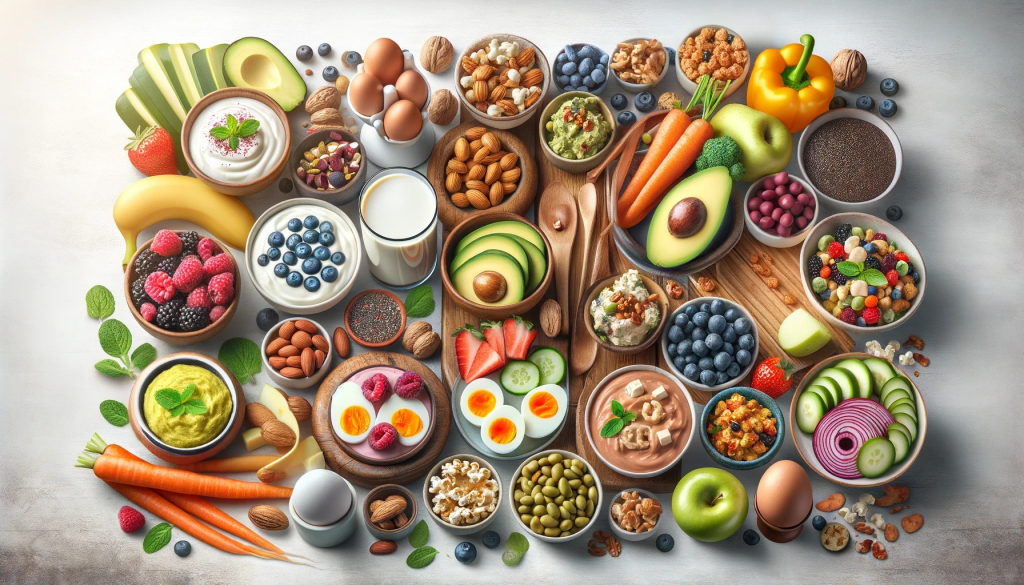


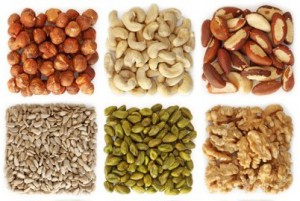

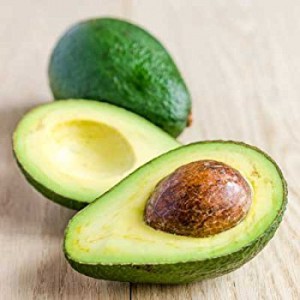
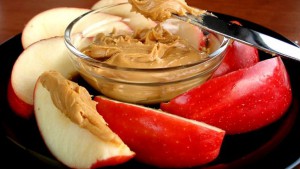

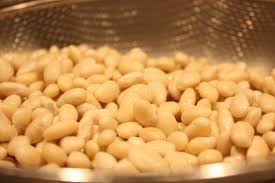


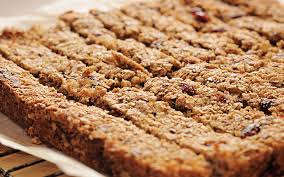



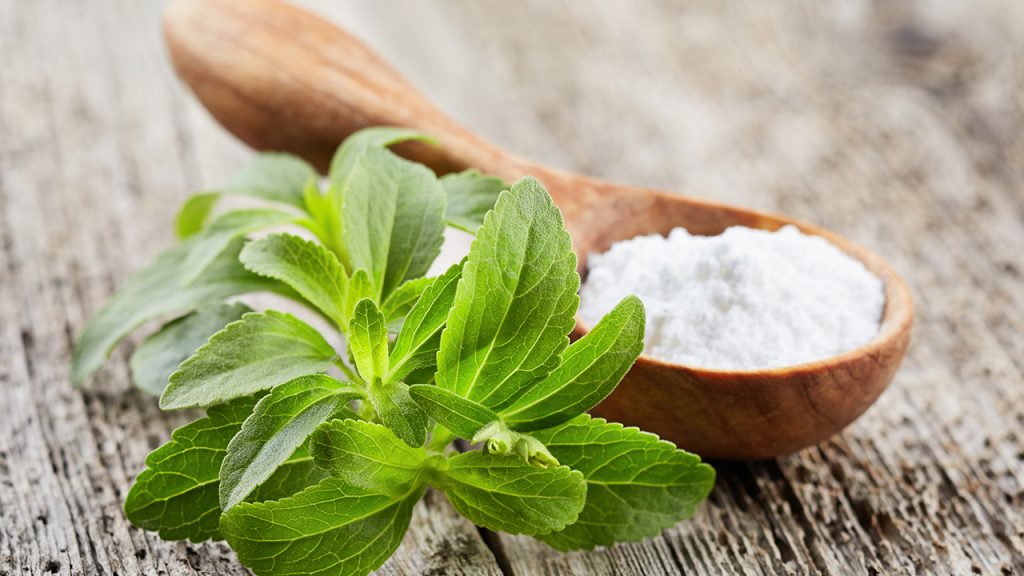
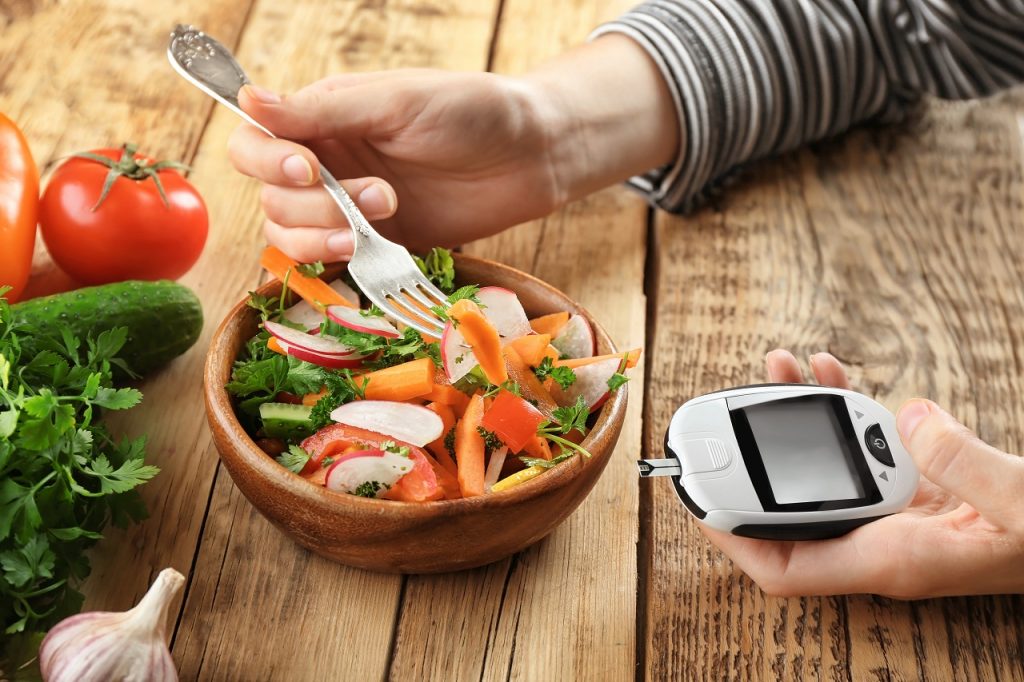 Diabetes – the one word that makes your mind wander in so many directions! You find yourself asking questions like: Will this last for ever? Will I ever get better? How can I
Diabetes – the one word that makes your mind wander in so many directions! You find yourself asking questions like: Will this last for ever? Will I ever get better? How can I 


